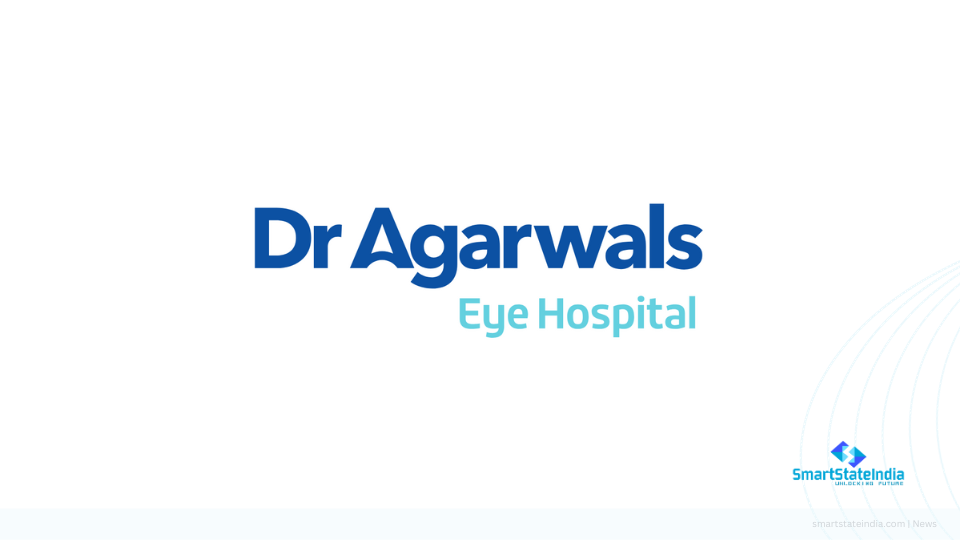- AI is revolutionizing disease detection through image-based screening for conditions like diabetic retinopathy, age-related macular degeneration, glaucoma, and more
- 27.0% of diabetic patients suffer from diabetic retinopathy, resulting in around 0.4 million cases of blindness worldwide
Diabetes Mellitus (DM) continues to be a pervasive health challenge worldwide, with countries grappling to address its staggering impact. Among the many complications arising from diabetes, Diabetic Retinopathy (DR) stands as a significant concern. This condition affects the blood vessels in the retina, often leading to vision loss and, in severe cases, blindness.
Recent statistics reveal the severity of this issue: globally, an estimated 27.0% of diabetic patients suffer from diabetic retinopathy, resulting in around 0.4 million cases of blindness worldwide. Alarmingly, diabetes is the primary cause of blindness among adults aged 20 to 74. Key risk factors contributing to DR include the duration of diabetes, uncontrolled blood sugar levels, hypertension, dyslipidemia, nephropathy, obesity, age, and gender.
“The awareness regarding diabetic retinopathy and associated visual complications varies significantly across different regions. Studies in India report a wide range of awareness levels, varying from 16.1% to 71.3%. This disparity emphasizes the critical need for standardized education and awareness programs targeting diverse communities.” Said Dr. T S Sujatha, General Ophthalmologist and Cataract Surgeon, Dr. Agarwals Eye Hospital.
Early detection remains pivotal in managing diabetes-related complications. Timely identification of blood sugar irregularities allows for proactive steps to prevent irreversible damage to vital organs such as the heart, kidneys, nerves, blood vessels, and eyes.
The American Diabetes Association (ADA) underscores the importance of regular eye examinations for both type 1 and type 2 diabetes patients. For type 1 diabetes, an eye exam within five years of diagnosis is recommended, while individuals with type 2 diabetes should undergo their first eye exam at the time of diagnosis.
She further added, “Advancements in detecting diabetic retinopathy have been promising, including automated screening, optical coherence tomography, laser treatment, and pharmaceutical interventions like vascular endothelial growth factor inhibitors. Notably, the integration of artificial intelligence (AI) has opened new frontiers in medicine. AI-based technologies show promise in mass screening, early diagnosis, and accurate prognosis prediction. AI, a simulation of human intelligence by machines, involves the exposure of systems to databases for learning and subsequent improvement. Neural networks and complex algorithms enable AI systems to analyze vast amounts of data, resembling the cognitive abilities of humans.”
In ophthalmology, AI is revolutionizing disease detection through image-based screening for conditions like diabetic retinopathy, age-related macular degeneration, glaucoma, and more. Technologies like Scikit-learn in Python programming and various commercially available software are being employed for diabetic retinopathy detection.
Furthermore, adopting a proactive approach to managing diabetes and preventing diabetic retinopathy is crucial. Strict glycemic control, hypertension management, lipid level regulation, regular exercise, and lifestyle modifications are recommended preventive measures. Regular eye exams and compliance with healthcare provider recommendations remain pivotal in averting vision loss.
Combating diabetic retinopathy requires a comprehensive approach, blending advanced technologies like AI with widespread awareness and proactive healthcare strategies. Through collective efforts, early detection and intervention can significantly reduce the burden of sight-threatening retinopathy, offering hope to millions affected by this global health crisis.




2 comments
Great write-up! The points discussed are highly relevant. For those wanting to explore more, this link is helpful: FIND OUT MORE. What are your thoughts?
I like this weblog it’s a master piece! Glad I found this ohttps://69v.topn google.Money from blog